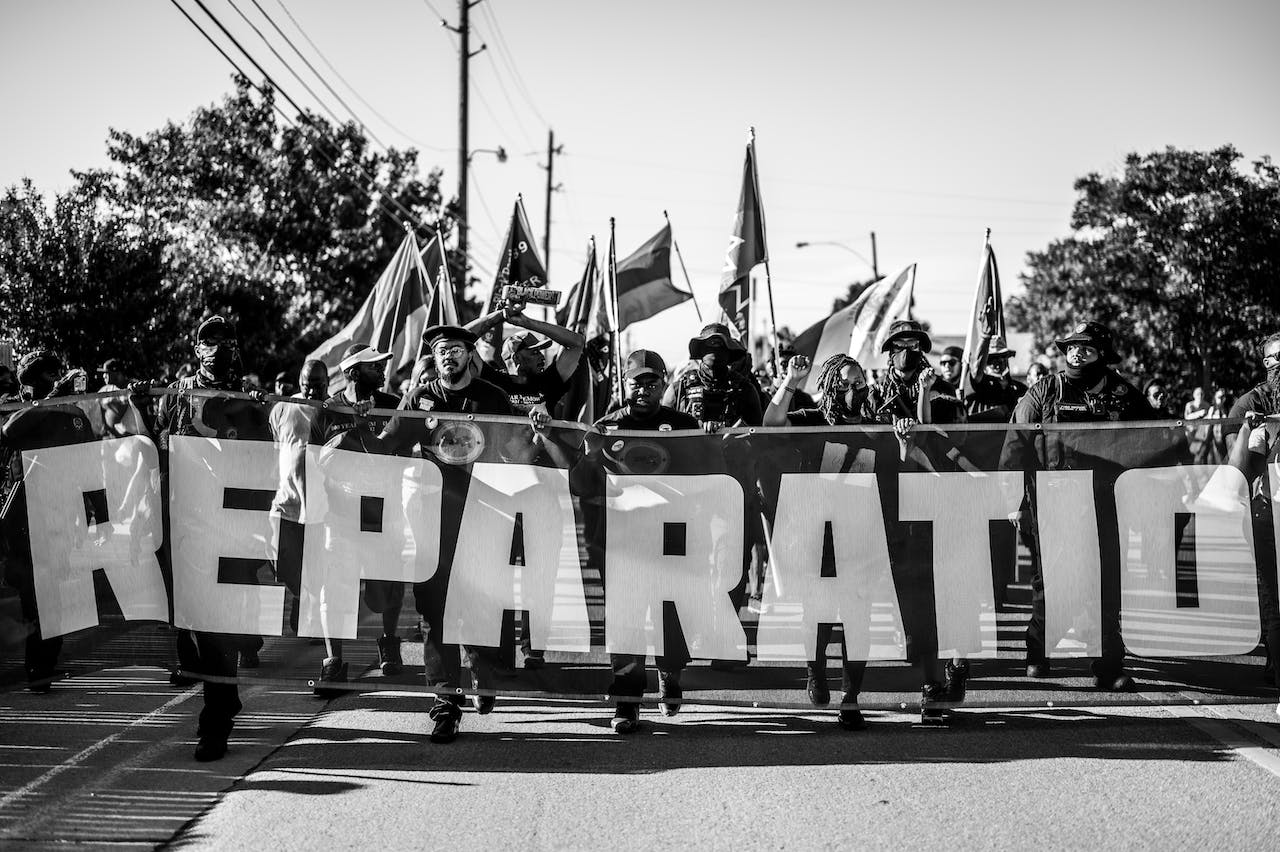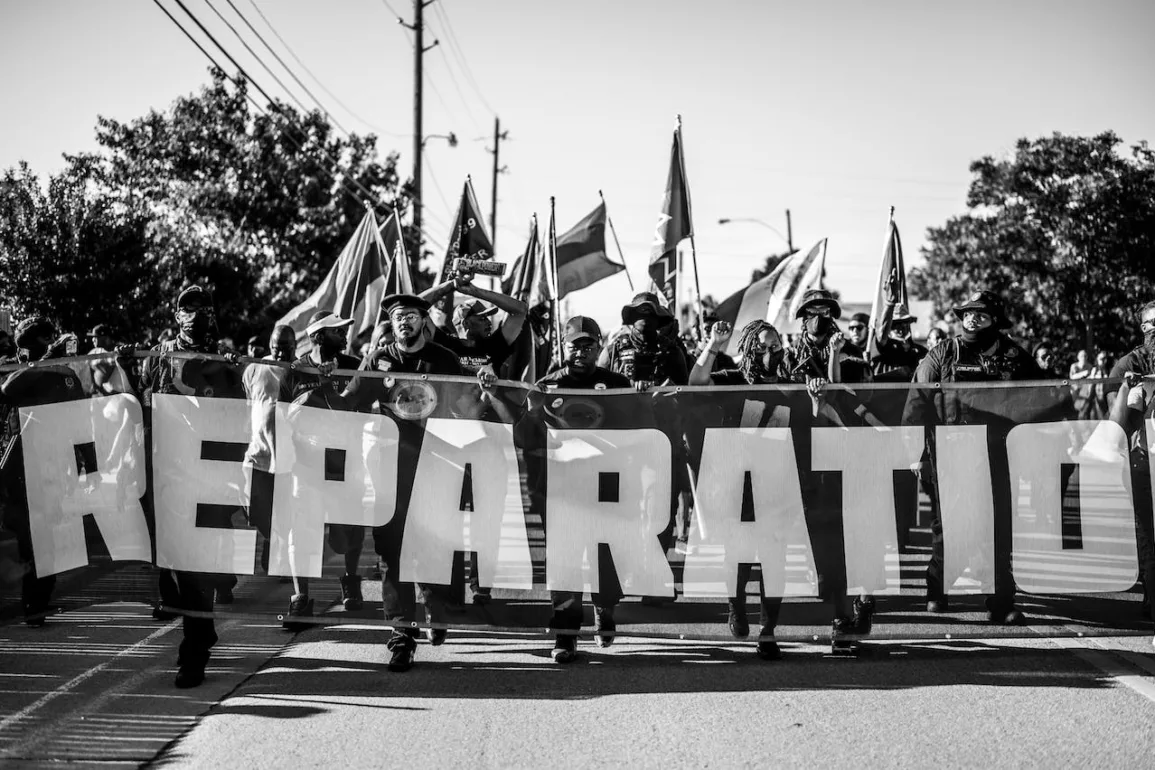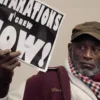
January 28, 2024
Only 14% of Black people in a recent poll believe that there will be action on reparations in our lifetime.
According to a poll conducted in spring 2023 by the Washington Post, only 14% of Black people who responded believe that there will be action on reparations in our lifetime, despite 75% of those same people believing that America has a responsibility to address reparations.
The skepticism seems to be based in the fact that there has been little action taken on reparations. However, some, like Trevor Smith, the head of the Reparations Advocacy Lab caution that this skepticism may actually be detrimental. Smith told the Post, “If Black folks don’t believe that reparations are possible, then no other community, either other people of color or white people, will really get on board with this.”
Smith is alluding to the polling numbers from California that express that neither Asian and Latinx people nor white people believe that there should be reparations to Black Americans. However, Black residents like Aziza Kamara-Amimi want to see action on reparations sooner rather than later. At a meeting about the reparations proposal in California, in the basement of Glide Memorial Church, located in San Francisco, Kamara-Amimi made it clear that she believes the time for action is now. “We have been talking about this for years, people have been fighting for this for years,” Kamara-Amimi said. “And still all we are doing is talking and talking, and I don’t see any real progress being made. What’s the real solution?”
In San Francisco, there had been a task force set up, which is distinct from efforts from the state, and the task force recommended a broad package of incentives for Black San Franciscans, including $5 million in direct payments to residents of the city. After initially backing the plan, San Francisco’s Black Democratic Mayor London Breed created a $4 million fund for the program in order to create an office of reparations in the city.
However, as BLACK ENTERPRISE previously reported, Breed eliminated the office, citing budget concerns and the program’s place on her list of priorities. Breed also indicated in a statement that she believes reparations is an issue that should be solved by the federal government.
This belief is fairly common among scholars who have long advocated for reparations, scholars like William “Sandy” Darity and A. Kirsten Mullen. They co-authored a book, “From Here To Equality: Reparations for Black Americans in the Twenty-First Century,” which lays out their belief that the federal government is ultimately responsible for the debt of reparations.
Darity, an economist at Duke University, cautioned in an interview with CNBC that in order to minimize the risk of exacerbated inflation, the payments totaling $14 trillion should be spread out over 10 years.
Some are still focused on local reparations. Those who introduced the measure in San Francisco, like Shamann Walton, remain hopeful. Walton told the Post, “My hope is that the city’s deficit is eliminated quickly, so that we can fund the Office of Reparations and fulfill the commitment made to address the historical injustices and inequities that have persisted for generations for Black San Franciscans.”
Across the country, in New York, a committee was created for the study of reparations in June 2023 after the New York legislature passed a bill. Following six months of sustained political pressure, New York’s Gov. Kathy Hochul signed the bill into law.
In 2023, Rep. Cori Bush introduced HR 414, notably marking the first time that the United States’ treatment of its Black citizens from enslavement all the way up to Jim Crow and beyond entered the congressional record. According to HR 414, “The United States has a moral and legal obligation to provide reparations for the enslavement of Africans and its lasting harm on the lives of millions of Black people in the United States.” Bush’s resolution did not limit itself to the Federal government’s culpability in the treatment of Black people, but it extended a call for more to be done on the state and local levels, just as has been attempted in California and New York.
Bush’s bill as well as one earlier re-introduced by California Democrat Barbara Lee, which calls for establishing a United States Commission on Truth, Racial Healing and Transformation are designed to be companion pieces to HR 40, the Commission to Study and Develop Reparation Proposals for African Americans Act. HR 40 is an evergreen bill that was first introduced by John Conyers in 1989 and is re-introduced each year. According to ABC News, Bush knew her bill likely wouldn’t get a vote, but said her aim was to build momentum for ongoing reparations attempts across the country.
The crux of the debate over what to do about reparations is ultimately ensconced by a meeting held at the Oakland Center on the campus of Cal State East Bay. Chris Lodgson, who has been working with California’s reparations committee to drum up support for their proposals addressed the crowd, said, “We have a bit of a Catch-22 here. In order for things to happen you need more people to believe and organize, but in order for people to believe and start to do things, they need to see some action already.”
RELATED CONTENT: NY Representative Jamaal Bowman Backs Bill For $333K Reparations To All Black Americans



